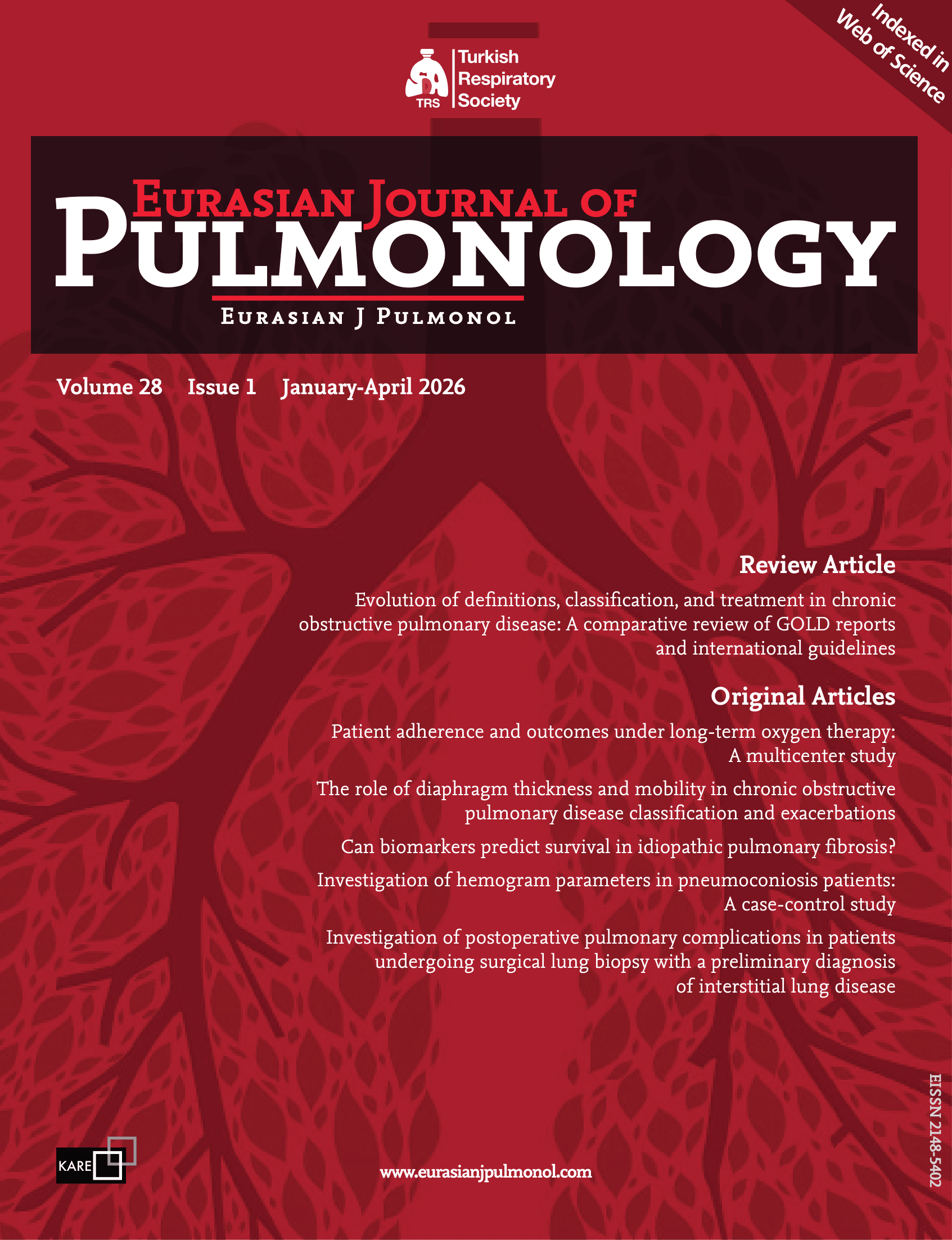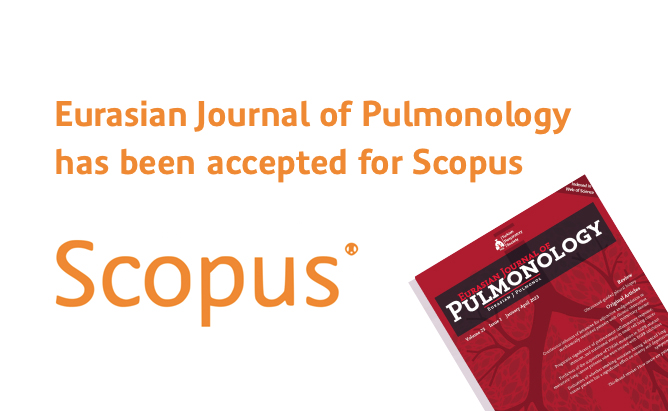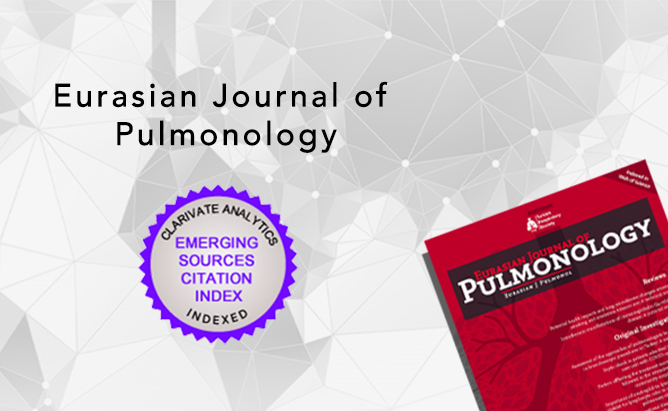Abstract
Biological agents targeting interleukin-5 (IL-5) and eosinophils are used in the treatment of severe eosinophilic asthma. Dysfunctions of IL-5 and eosinophils are known to be associated with parasitic infections. However, whether biological agents acting through IL-5 and eosinophils facilitate parasitic infections has not yet been clearly elucidated. A 67-year-old female patient had been followed for eight years with a diagnosis of severe eosinophilic asthma. Mepolizumab treatment was initiated because, despite previous treatments, she experienced asthma exacerbations requiring systemic steroid use twice within one year, and her eosinophil count was 620/µL. Twenty days after the second dose of mepolizumab, the patient began complaining of dry itching. Stool microscopy revealed Entamoeba histolytica cysts along with abundant leukocytes and erythrocytes in every field (x400). The infectious diseases clinic started metronidazole treatment. Following treatment, the patient’s itching subsided, and stool microscopy was normal at the follow-up visit. To our knowledge, this is the first case in the literature reporting an Entamoeba histolytica infection with itching associated with the use of mepolizumab.




 Kurtuluş Aksu1
Kurtuluş Aksu1 




